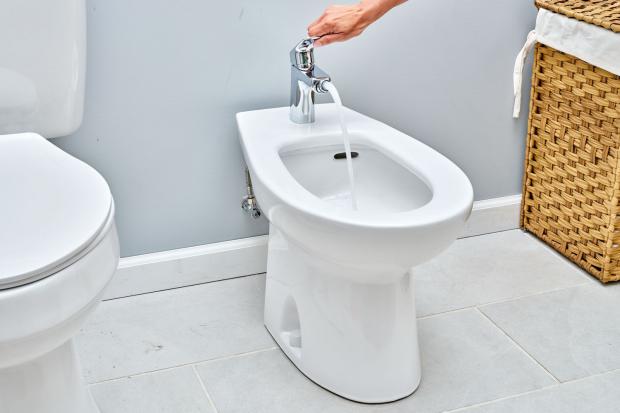
Breaking News
 Did Barron Trump Make $192 Million Off Insider Trading??
Did Barron Trump Make $192 Million Off Insider Trading??
 Here it is: Seditious conspiracy -- captured on videotape in just thirty-eight seconds.
Here it is: Seditious conspiracy -- captured on videotape in just thirty-eight seconds.
 I have received a hard copy of the report on JFK's assassination from the Ambassador of Russia..
I have received a hard copy of the report on JFK's assassination from the Ambassador of Russia..
 Black-?Market Activism: Agorism and Samuel Edward Konkin III
Black-?Market Activism: Agorism and Samuel Edward Konkin III
Top Tech News
 3D Printed Aluminum Alloy Sets Strength Record on Path to Lighter Aircraft Systems
3D Printed Aluminum Alloy Sets Strength Record on Path to Lighter Aircraft Systems
 Big Brother just got an upgrade.
Big Brother just got an upgrade.
SEMI-NEWS/SEMI-SATIRE: October 12, 2025 Edition
 Stem Cell Breakthrough for People with Parkinson's
Stem Cell Breakthrough for People with Parkinson's
 Linux Will Work For You. Time to Dump Windows 10. And Don't Bother with Windows 11
Linux Will Work For You. Time to Dump Windows 10. And Don't Bother with Windows 11
 XAI Using $18 Billion to Get 300,000 More Nvidia B200 Chips
XAI Using $18 Billion to Get 300,000 More Nvidia B200 Chips
 Immortal Monkeys? Not Quite, But Scientists Just Reversed Aging With 'Super' Stem Cells
Immortal Monkeys? Not Quite, But Scientists Just Reversed Aging With 'Super' Stem Cells
 ICE To Buy Tool That Tracks Locations Of Hundreds Of Millions Of Phones Every Day
ICE To Buy Tool That Tracks Locations Of Hundreds Of Millions Of Phones Every Day
 Yixiang 16kWh Battery For $1,920!? New Design!
Yixiang 16kWh Battery For $1,920!? New Design!
 Find a COMPATIBLE Linux Computer for $200+: Roadmap to Linux. Part 1
Find a COMPATIBLE Linux Computer for $200+: Roadmap to Linux. Part 1
Why you should consider a bidet

A bidet is a specialized bathroom fixture found in many countries outside the United States. The water-shooting device gained popularity in American homes during the COVID-19 pandemic, driven by widespread toilet paper shortages. However, even after the toilet paper supply chain stabilized, many new bidet users did not revert to using toilet paper alone.
As more people discover the benefits of bidets and the increasing availability of easy-to-install bidet attachments, their presence is becoming more common in bathrooms nationwide. Since bidets offer many hygiene, environmental, and cost benefits, it appears that the bidet trend is here to stay.
Health and hygiene benefits
Bidets offer several health and hygiene benefits, extending beyond just reducing toilet paper usage. The gentle water spray not only cleans the genital areas more effectively but is also particularly beneficial for individuals with sensitive skin who cannot use toilet paper due to discomfort or rashes. Additionally, bidets can aid people with specific health conditions such as hemorrhoids, post-surgery recovery, and mobility issues. A clinical trial found that regular bidet use also improves quality of life in adults with impaired functional status.
Environmental benefits
Switching to bidets could contribute to a more sustainable approach to personal hygiene. The primary environmental advantage of using a bidet is reducing toilet paper consumption. The average American uses over 140 rolls of toilet paper each year, which is four times the global average. Reducing toilet paper usage leads to several secondary benefits. First, using less toilet paper decreases the need for virgin softwood pulp and reduces the waste generated from toilet paper production. Most toilet paper rolls are made from virgin softwood pulp, primarily harvested from forests in the southeastern U.S. and the Canadian boreal forest. Approximately 68 million trees are cut down each year to produce paper products in the U.S., which includes toilet paper. Additionally, making toilet paper from virgin pulp uses almost twice as much water as recycling paper. It also produces twice as many harmful air pollutants.



